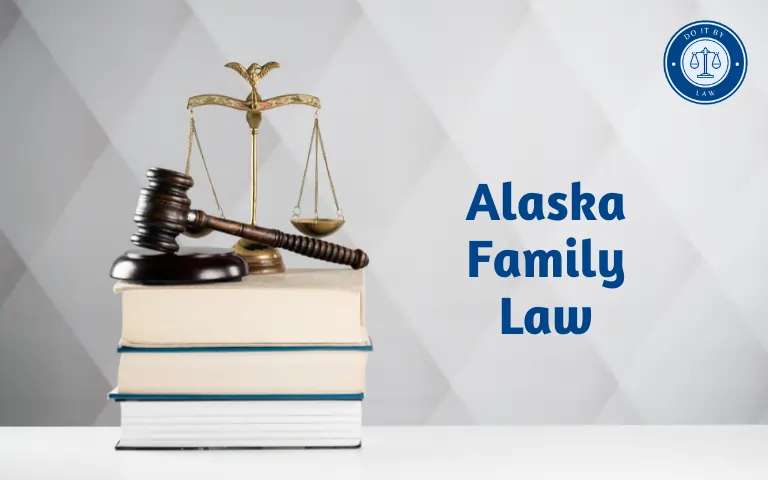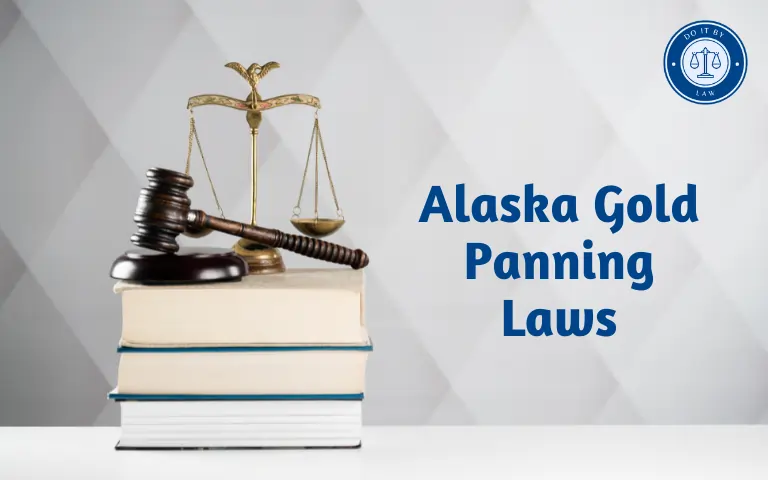Alaska Family Law: What You Need to Know
Alaska Family Law governs marriage, divorce, child custody and support, domestic violence, adoption, and other family legal matters for residents. Key laws include the Alaska Marriage Code, Child Custody Jurisdiction Act, and Domestic Violence Prevention and Victim Protection Act. This overview summarizes essential Alaska family laws.
When Were Key Alaska Family Law Established and Why?
Alaska State enacted major updates to family laws in 1968 with the passage of the Marriage Code (AS 25.05) and Child Custody Jurisdiction Act (AS 25.30), establishing legal foundations for marriage, divorce, and child custody matters. Lawmakers modernized statutes for evolving social norms and family structures.
In 1996, Alaska adopted the Domestic Violence Prevention and Victim Protection Act (AS 18.66) to define domestic abuse crimes and outline prevention approaches. Other family laws govern child support calculations, spousal maintenance, adoption procedures, and rights/responsibilities for various family structures. Updates aim to balance legal rights, child welfare protections, and evolving public policy.
Who Does Alaska Family Law Apply To?
Alaska family laws govern all residents or families with jurisdictional ties to Alaska related to:
- Marriage/divorce and dissolution of domestic partnerships
- Child custody, visitation, adoption, and abuse/neglect cases
- Spousal and child support proceedings
- Domestic violence crimes and protective orders
- Guardianship appointments for minors or incapacitated persons
Provisions apply equally statewide regardless of gender, sexual orientation, marital status, or family structure. Tribal courts hold some jurisdiction over Native family cases per the Indian Child Welfare Act.
What Are Key Provisions of Alaska Family Law?
Major Alaska family laws and key provisions cover:
- Marriage/Divorce: Sets minimum age of 18 or 16 with consent and licensure rules. Specifies divorce legal process and asset division.
- Child Custody: Defines custody decisions based on the child’s best interest for co-parenting, visitation, and support. Codifies move-away guidelines.
- Child/Spousal Support: Sets formulas factoring incomes and custody shares. Allows modification requests.
- Domestic Violence: Outlines abuse crimes/penalties. Specifies orders of protection granting support access. Adds prevention programs.
- Adoption: Sets eligibility, consent verification rules, and post-adoption birth certificate issuance.
Additionally, Alaska law has statutes regarding paternity establishment, surrogate parenting contracts, grandparents’ visitation rights, and emancipation of minors.
What Are Penalties for Violating Alaska Family Law?
Penalties for violating Alaska family laws include:
- Committing domestic violence may incur criminal misdemeanor or felony charges up to Class A felony for the most severe offenses leading to potential imprisonment.
- Custodial interference charges apply when abducting children in violation of custody orders, punishable by imprisonment up to 1 year and a $5,000 fine.
- Failure to pay court-ordered child support can result in liens/levies against assets, license revocation, contempt charges, and jail for up to 1 year.
- Violating protective orders may lead to Class A misdemeanor charges punishable by 1+ years in jail and a $10,000+ fine.
- Fraudulent marriage/divorce filings can constitute perjury with fines up to $25,000 and 5+ years imprisonment.
Have There Been Recent Changes to Alaska Family Law?
In 2022, Alaska enacted multiple family law changes through SB 119 including:
- Updated child support guidelines and self-support reserves
- Modifications streamlining divorce for shorter marriages
- New factors for determining custody based on domestic violence
- Expanded grandparents’ visitation rights
Other changes in recent years affected marital property division, domestic violence protections, and rules for temporary custody requests pending investigations.
Ongoing efforts aim to resolve conflicts between state laws and tribal court authority, clarify legal parenthood and rights for same-sex couples, and add protections for vulnerable children/families.
What Issues Exist in Alaska Family Laws?
Complex issues impacting Alaska families and family law include:
- Jurisdictional conflicts between state courts and tribal courts’ authority
- Challenges ensuring child support across state lines or with seasonal workers
- Protecting victims struggling to leave abusive relationships
- Updating parentage laws for evolving reproductive technologies
- Balancing children’s rights with parental authority disputes
Reforms strive to provide consistent protections and support for families undergoing separation/divorce, coping with domestic abuse, or resolving conflicts over child custody, visitation, and support obligations.







